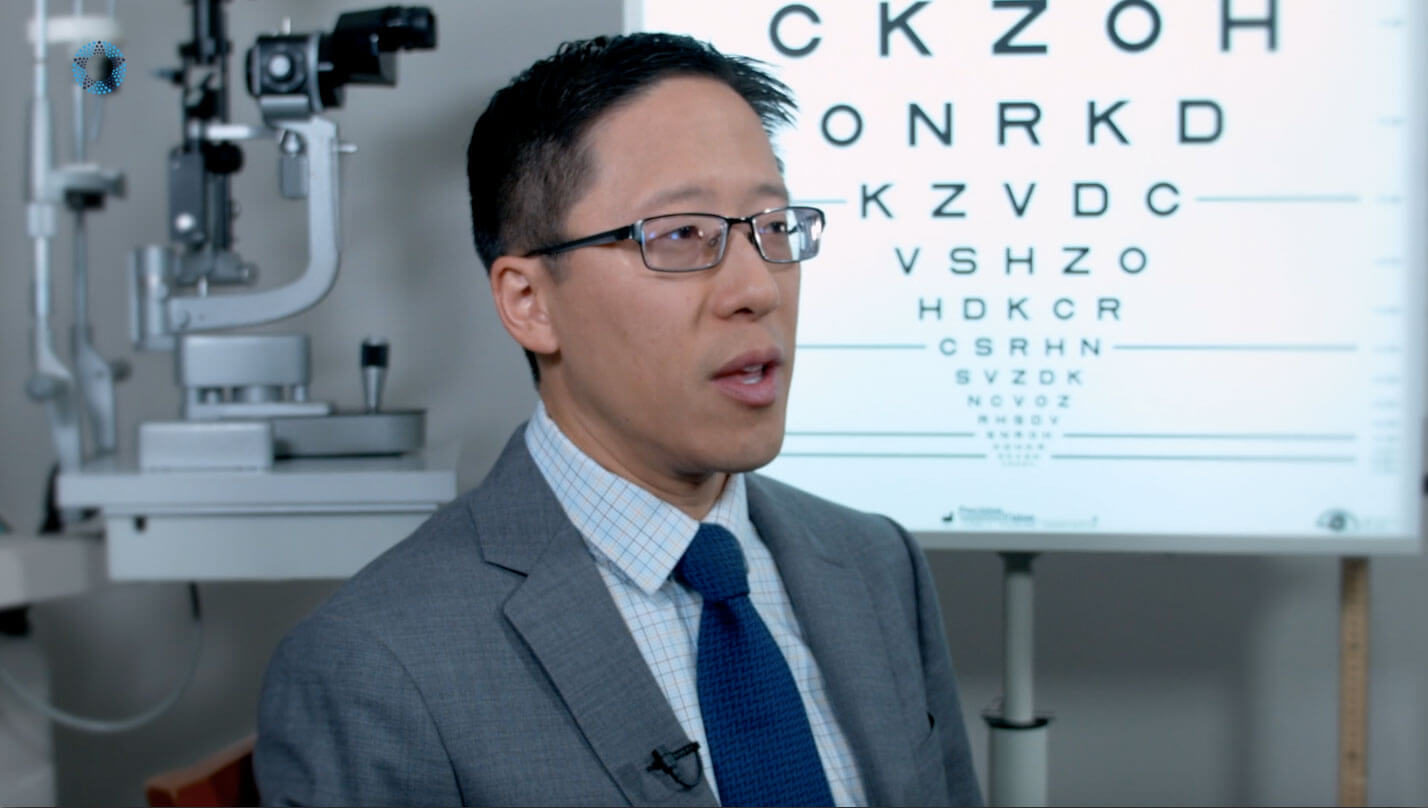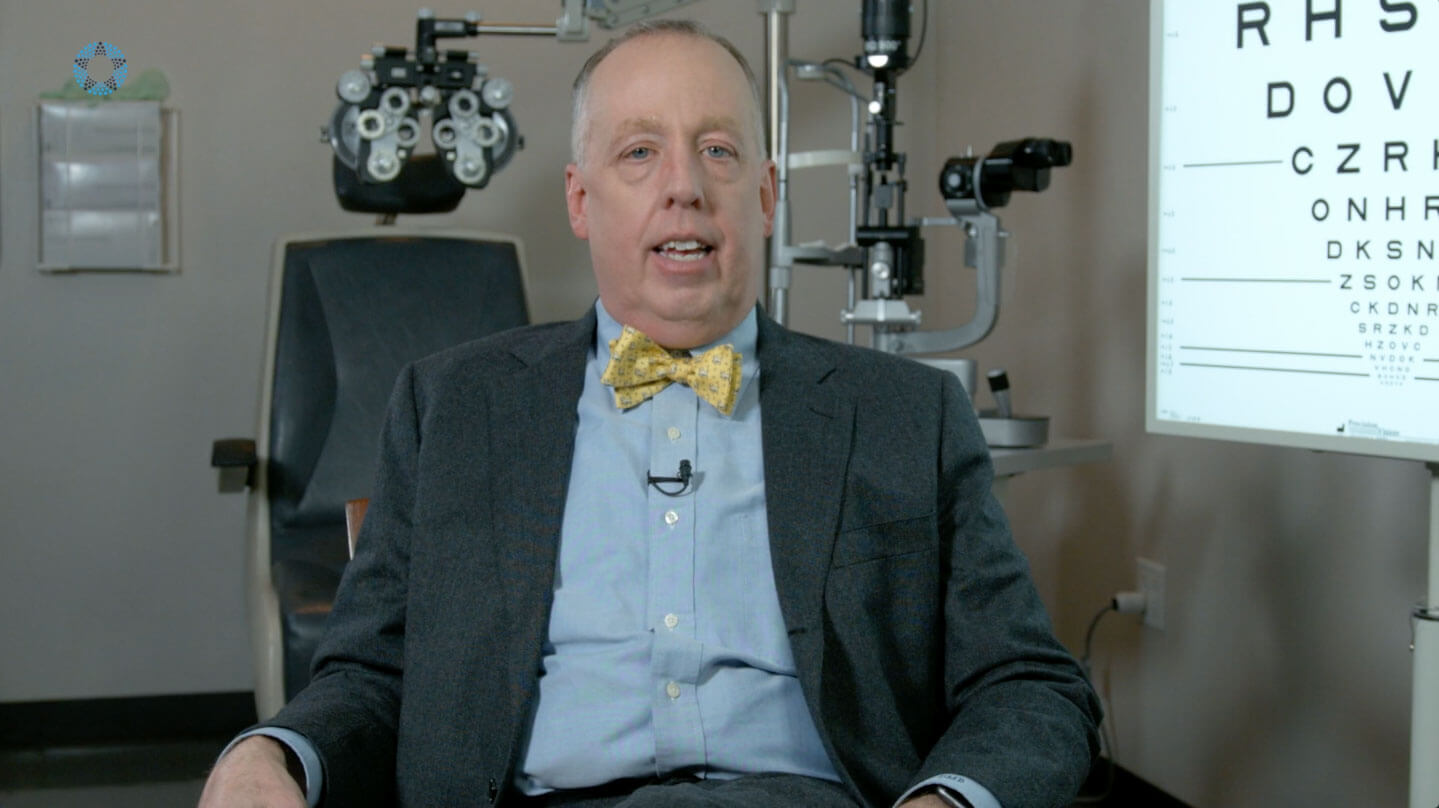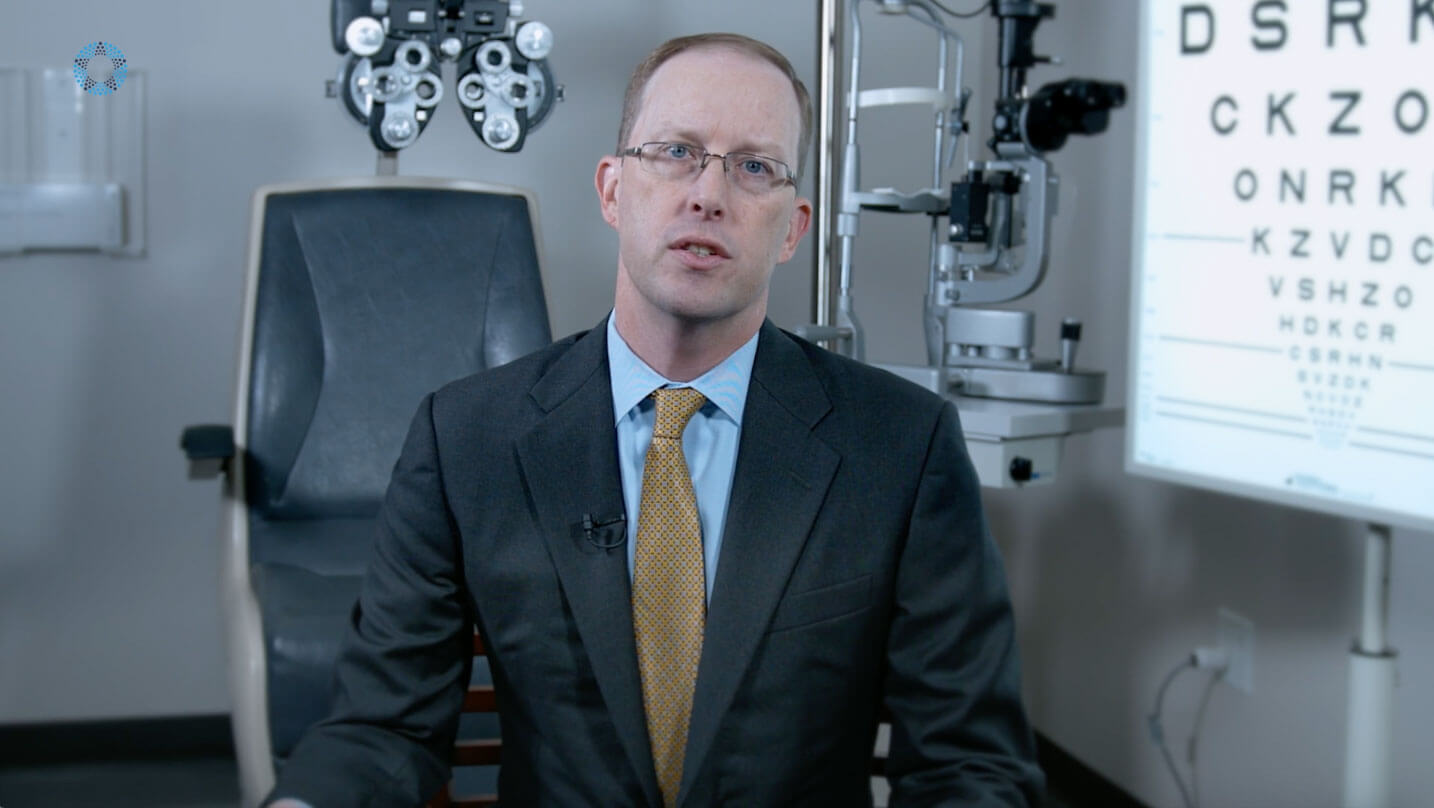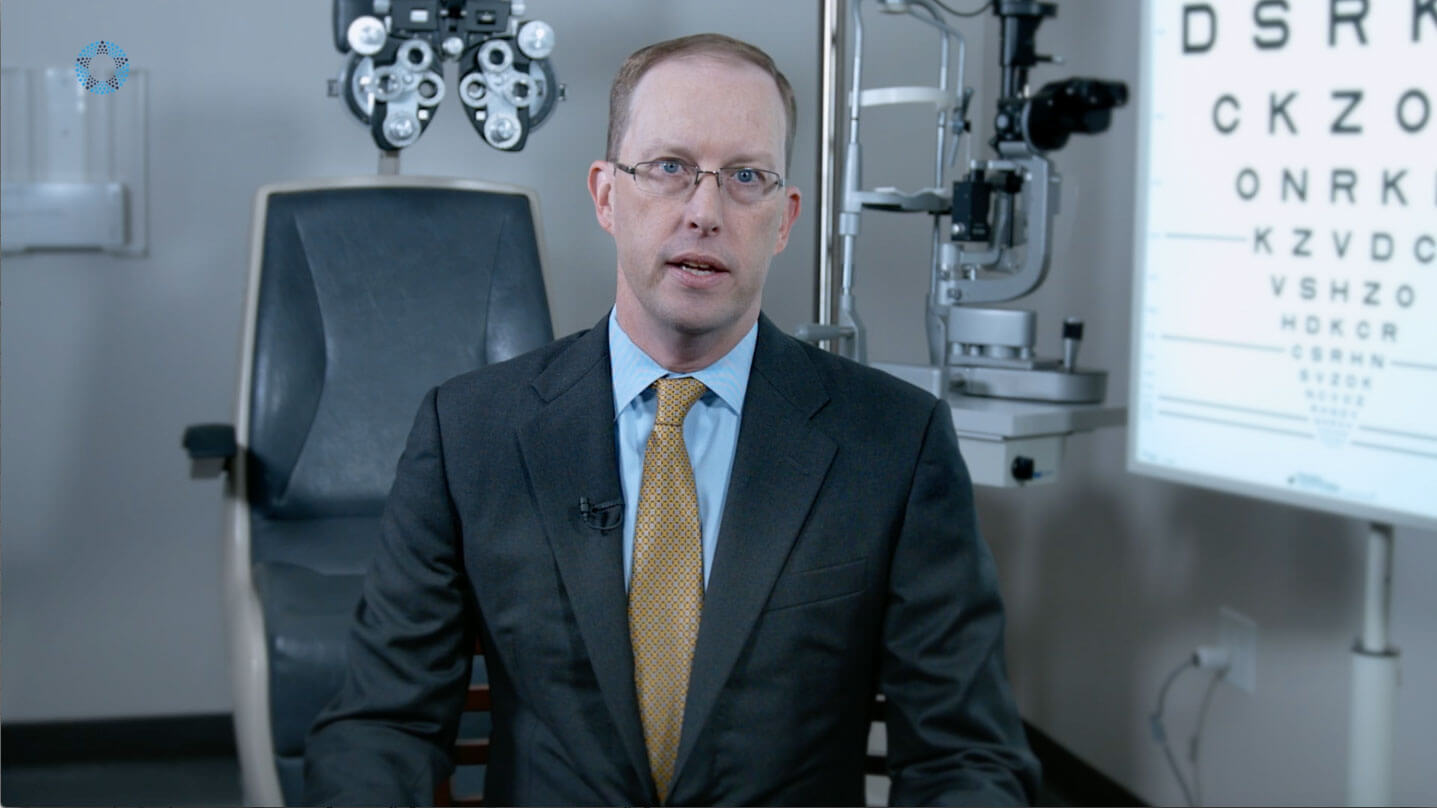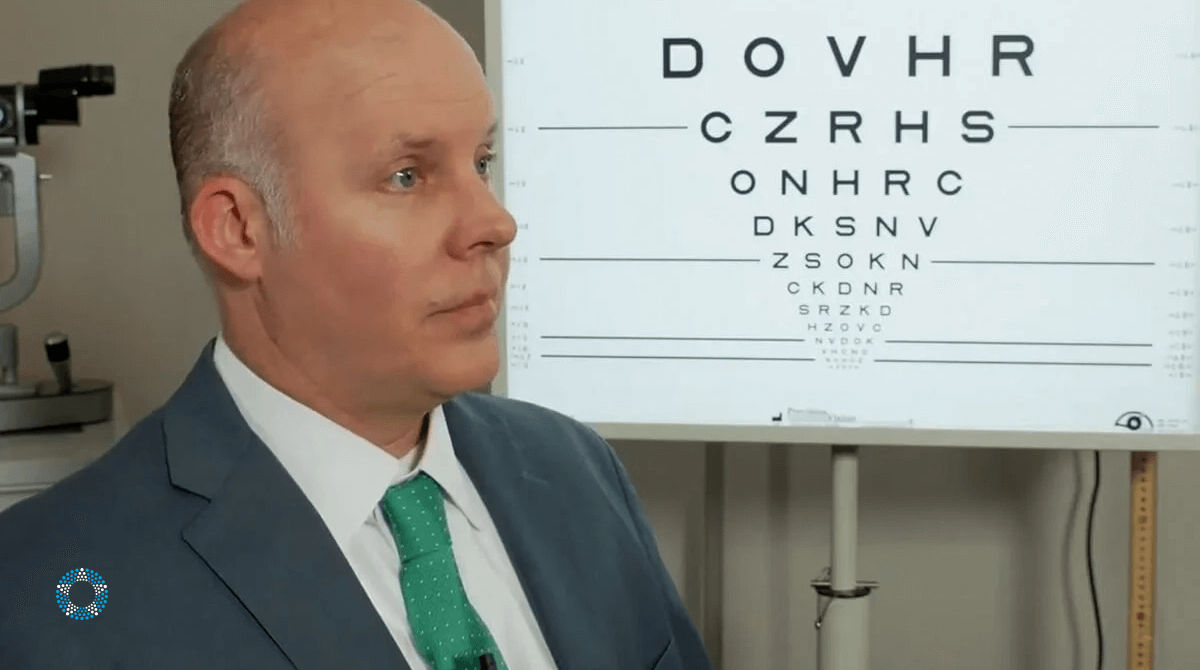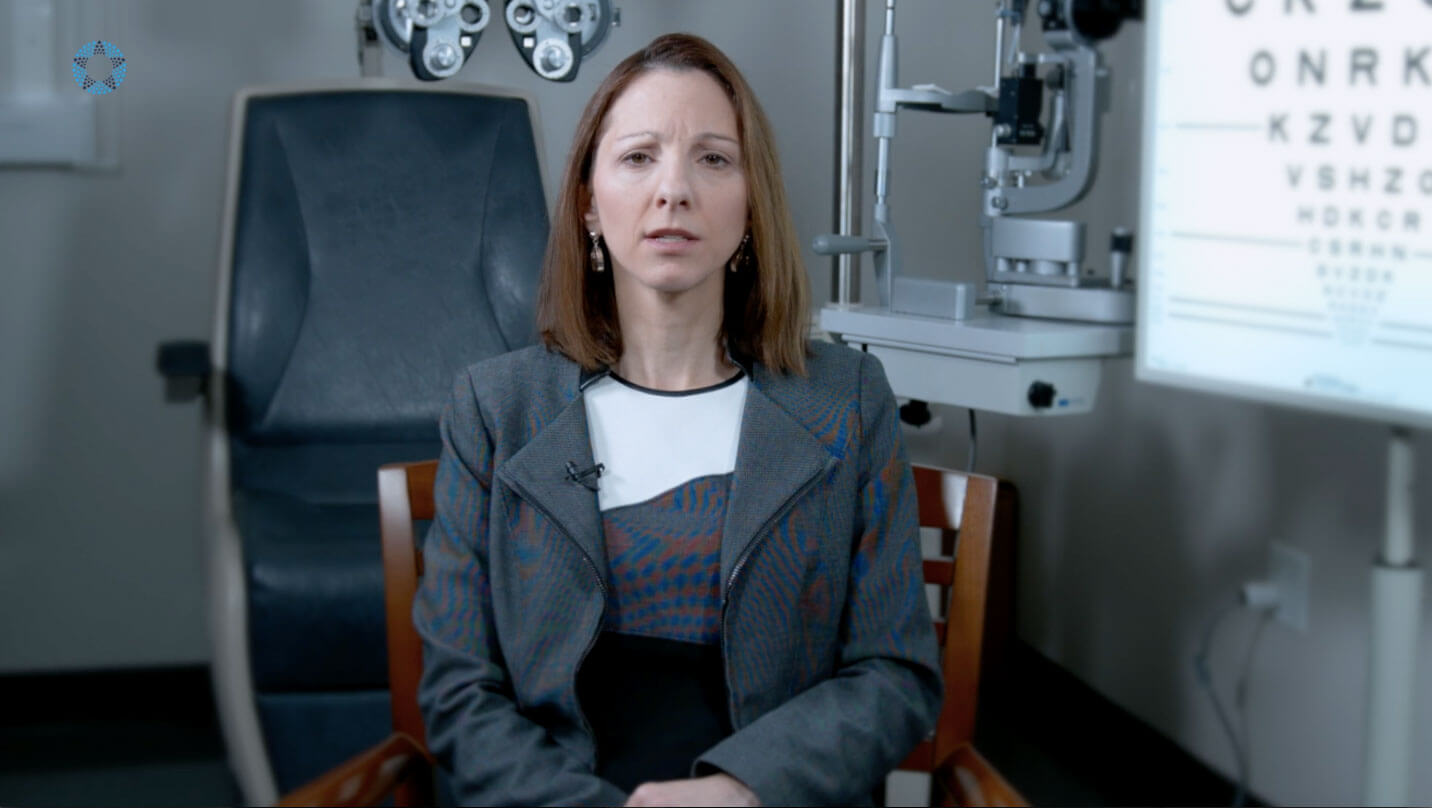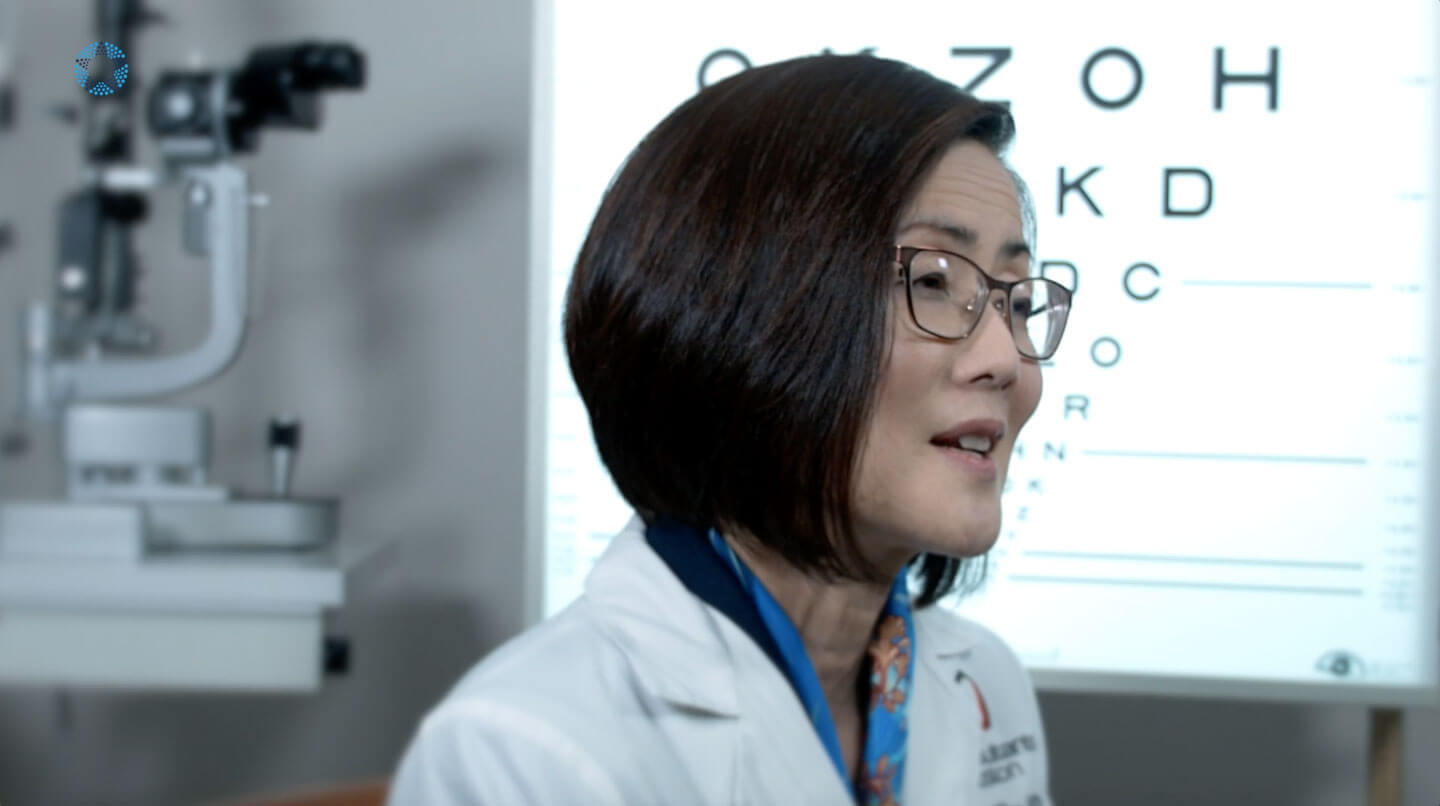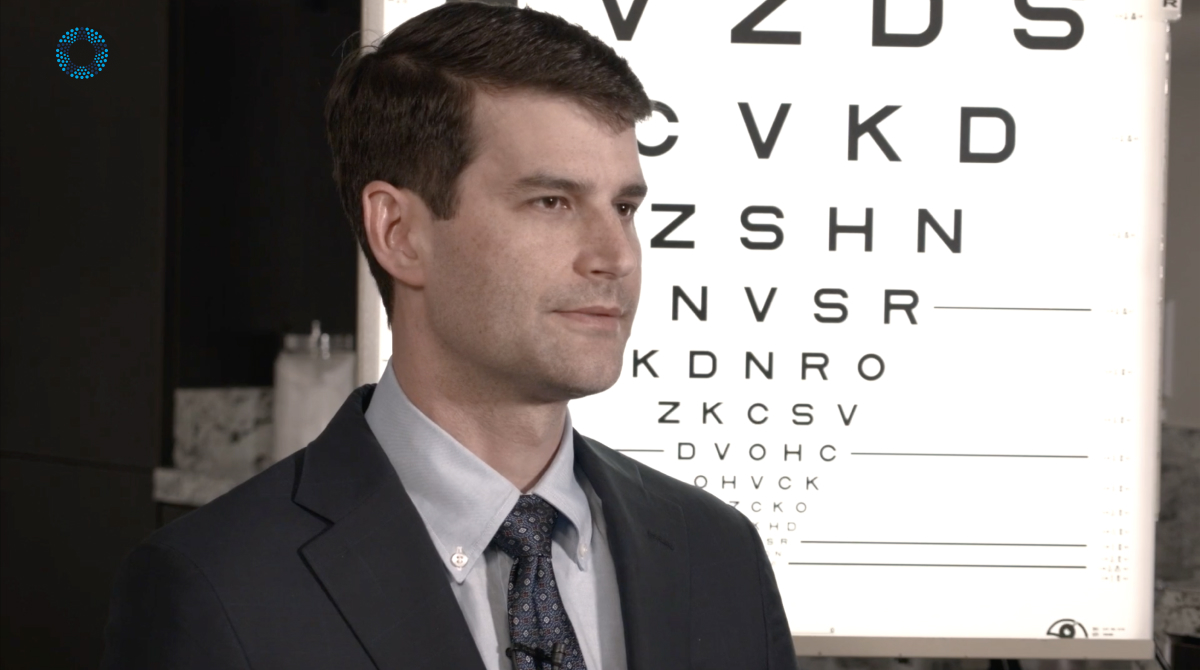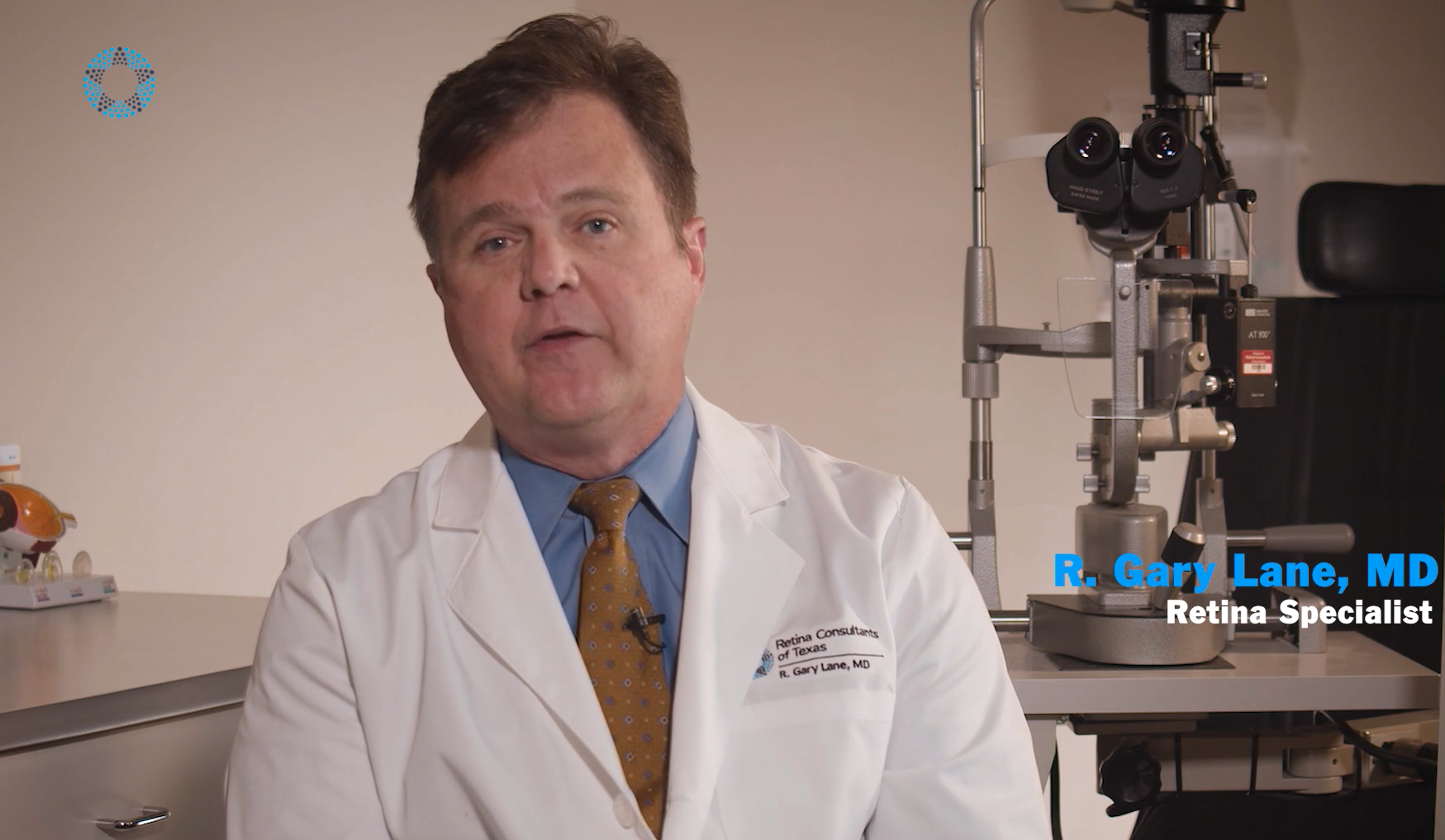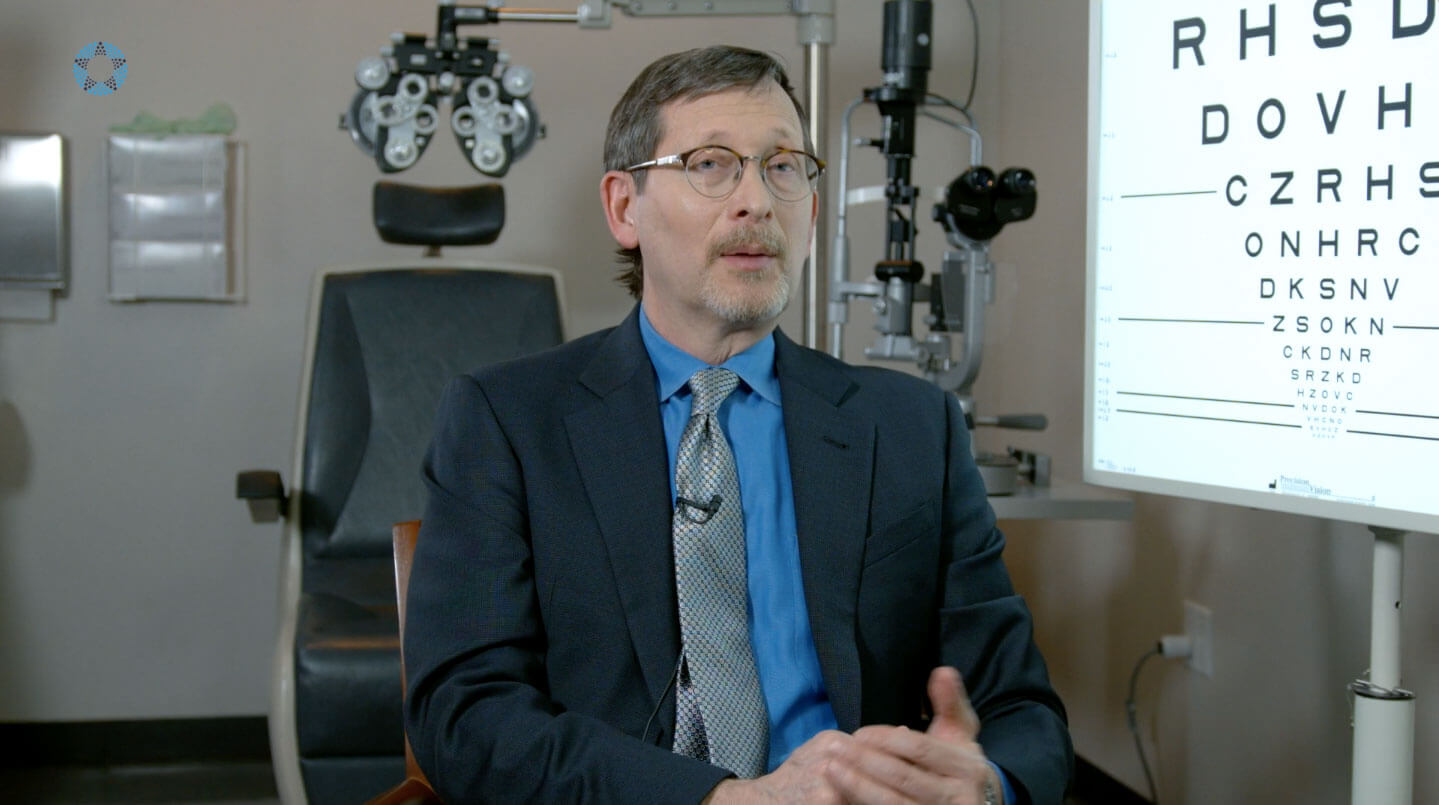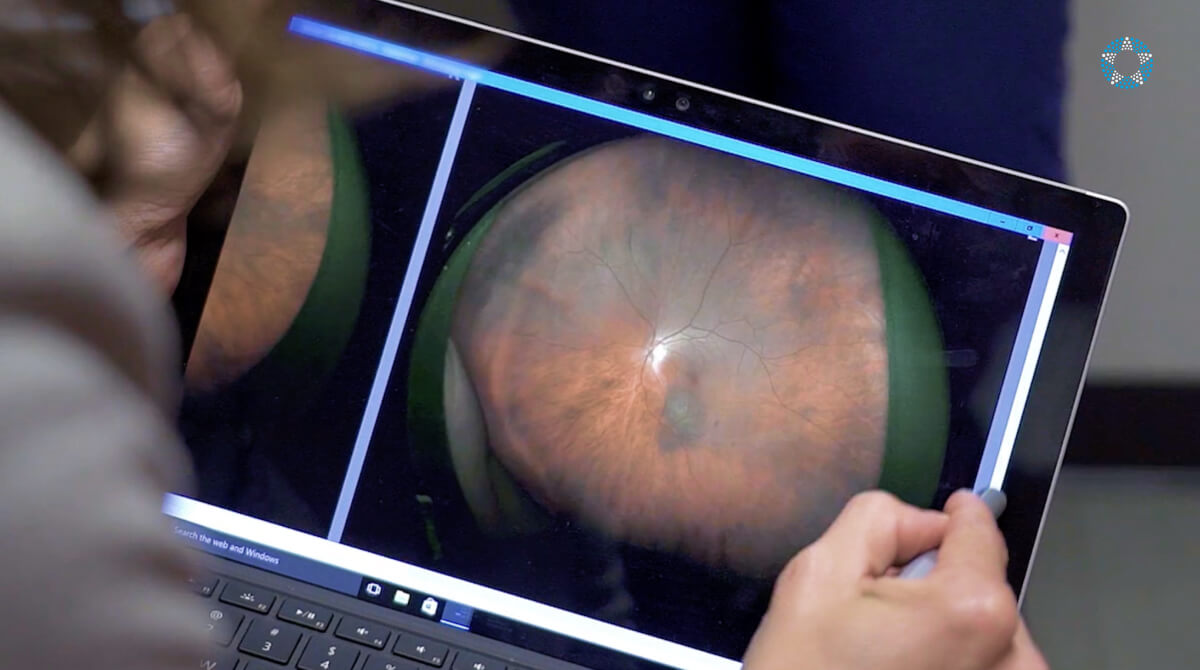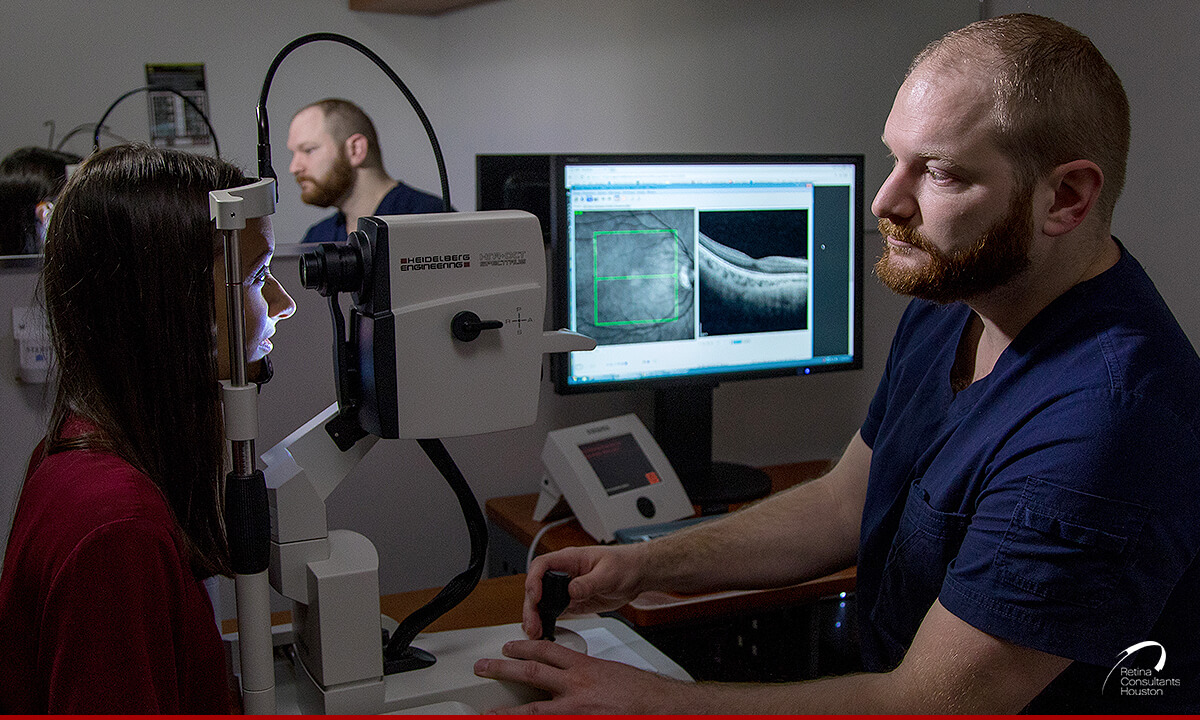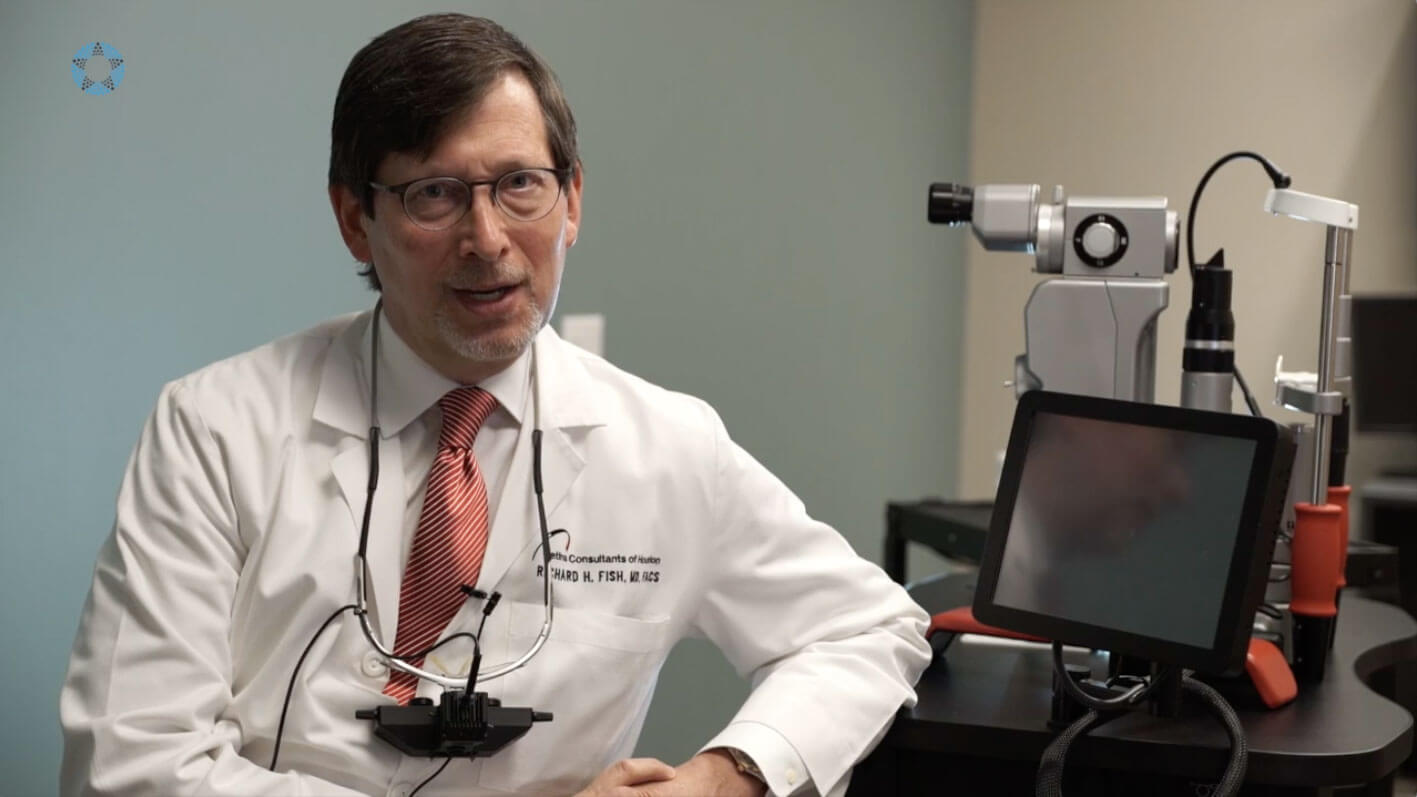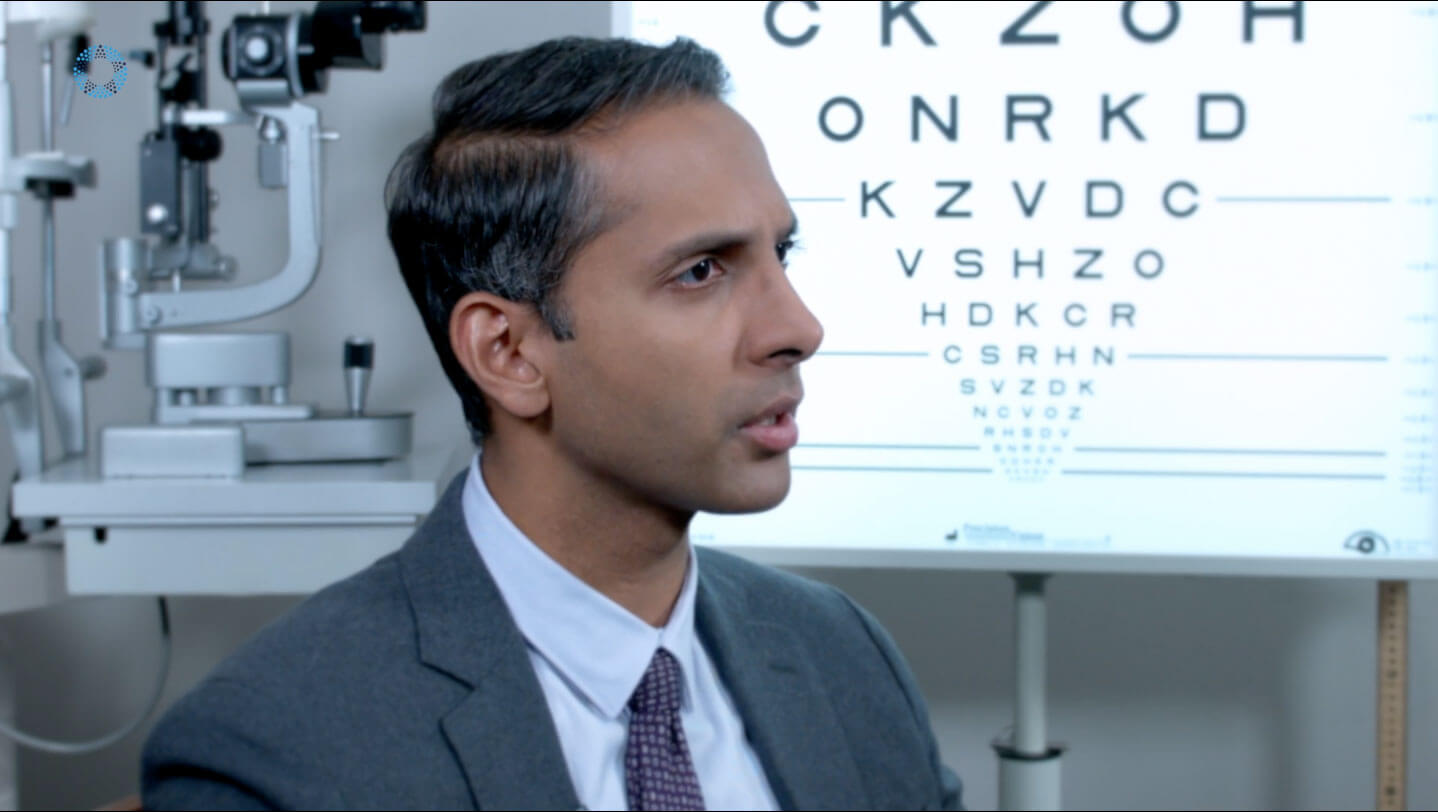
Ask the Expert: Dislocated Intraocular Lens
Our colleague Dr. Calvin Mein is retiring.
Our 1960 Office has moved to Vintage Park
Select your language
Ask the Expert: Everything You Need to Know About Diabetic Macular Edema
For patients with diabetes, diabetic macular edema is one of the leading causes of vision loss. In this video, Dr. Eric Chen discusses how over time patients with diabetes develop diabetic macular edema, which is the swelling of the central part of the retina because of bad or fragile blood vessels. The good news is that now we have very good treatment for this disease.
Ask the Expert: Everything You Need to Know About Diabetic Retinopathy
Diabetes affects the small blood vessels all over your body and the eye is sort of the canary in the coal mine. Dr. David Brown and the physicians at Retina Consultants of Texas are world experts on diabetic retinopathy. Listen to Dr. Brown discuss the importance of getting a routine eye exam regularly so diabetic retinopathy can be caught sooner to prevent potential vision loss.
Ask the Expert: Everything You Need to Know About Dry AMD
If you've been diagnosed with macular degeneration you will at the very least have dry macular degeneration. Dr. Matthew Benz discusses this very common problem that is becoming more common and prevalent in our society because we're all living longer. He gives tips on how to decrease your risk of developing Dry AMD.
Ask the Expert: Everything You Need to Know about Flashers, Floaters and Tears
If you are experiencing flashes and floaters, you need to be seen by an eye doctor. In this video, Dr. Matthew Benz discusses the symptoms of flashes and floaters and how they can commonly be related to a posterior vitreous detachment, which can lead to blindness.
Ask the Expert: Everything You Need to Know About Macular Holes
A macular hole is small defect, a small little gap space, in the center part of your vision. Dr. James Major, Jr., MD, PhD discusses what this condition is, how it is treated and assures patients that the success rate at closing macular holes and improving vision is high.
Ask the Expert: Everything You Need to Know About Uveal Melanoma
If you've been told that you have uveal melanoma, or that you might have uveal melanoma, it's important to come to a center of excellence and see an experienced ocular oncologist like Dr. Amy Schefler. In this video, Dr. Schefler discusses the importance of being treated for this rare disease at an experienced center with a team of people who care for patients with this one specific cancer.
Ask the Expert: Everything You Need to Know About Wet AMD
If you were recently diagnosed with Wet Macular Degeneration, it is critical that you see a retinal specialist within a few days of diagnosis. Dr. Rosa Kim discusses how Wet Macular Degeneration can lead to progressive loss of vision quite rapidly. Seeing a retina specialist and developing a treatment strategy is vital to managing this disease.
Ask the Expert: Macular Telangiectasia
Macular Telangiectasia or Mac-Tel is a group of diseases that are currently being studied. If you are experiencing any of these symptoms, please contact your eye doctor: vision loss, blurred vision, distortion, waviness of lines, or missing portions of vision. Dr. William Pearce, MD, discusses treatment options once these symptoms start occurring.
Ask the Expert: What to Expect When You Need Surgery With RCTX
The prospect of needing surgery can be daunting. Dr. R. Gary Lane, MD talks us through what to expect before, during, and after retinal surgery. Our team is here to guide you through the process so you feel prepared and set up for the best possible outcome!
Ask the Expert: Everything You Need to Know About High Blood Pressure and Vein Occlusions
Retinal vein occlusion occurs most frequently in patients with hypertension. Dr. Richard Fish talks about this serious condition, how it is treated and how it can be managed and controlled. With proper treatment, people with vein occlusions can do remarkably well over a course of time regaining very close to normal vision and with many cases prolonged Anti-VEGF treatment.
Leading the Fight Against Uveal Melanoma
Two of patient’s biggest fears in life are losing vision and cancer. Those are the two things Dr. Amy Schefler treats. Dr. Schefler treats adult patients with this rare malignant cancer with her team at Houston Methodist Hospital. Each uveal melanoma patient at RCTX is managed by a large team of experts at Houston Methodist Hospital, including a radiation oncologist, melanoma medical oncologist, ophthalmic pathologist, geneticist, researchers, and others.
Retinal Imaging Diagnostics at RCTX
Every year the photographers, technicians, and physicians of RCTX perform thousands of diagnostic imaging procedures of the retina, vitreous, macula and other parts of the eye. Here is a day in the life of the retinal imaging department at our flagship Texas Medical Center office. Many thanks to our fantastically talented staff for their professionalism and skill in performing these complex diagnostic tests.
What to Know About Face Down Positioning After a Vitrectomy Surgery
It is common for patients to feel intimidated and scared when they hear they need to be facedown for several weeks, following a vitrectomy eye surgery. Dr. Richard Fish takes you step by step through the process so you know what to expect and can feel confident about the care you’ll receive.
You Need an Eye Injection: Here's What You Should Know
Many of our patients need eye injections to manage their eye disease. In this video, Dr. Ankoor Shah talks you through the process of an eye injection so that you are at ease prior to your treatment. These treatments make a remarkable difference in vision for many conditions such as macular degeneration, diabetic macular edema or vein occlusions.
Retina Consultants of Texas is thrilled to announce that our 1960/Peakwood office has relocated to Vintage Park. This world-class facility, conveniently located at 10130 Louetta Road, Suite G, Houston, Texas, 77070, is now open.
Retina Consultants of Texas is thrilled to announce that our 1960/Peakwood office has relocated to Vintage Park. This world-class facility, conveniently located at 10130 Louetta Road, Suite G, Houston, Texas, 77070, is now open.


